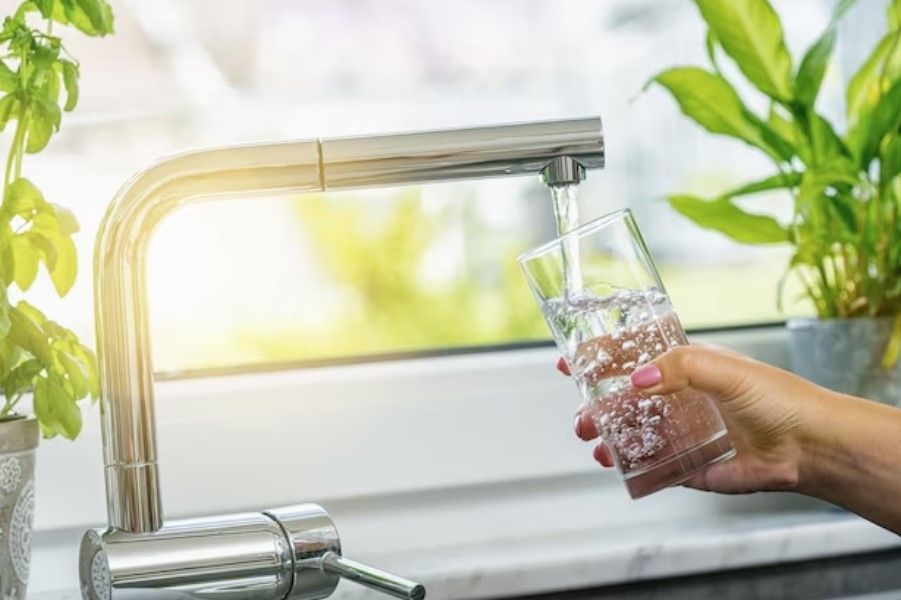What Should Be the Size and Capacity of a Drinking Water System for Home?
What Should Be the Size and Capacity of a Drinking Water System for Home?

You stay healthy only when you drink clean and safe water. This is possible when you get a drinking water system for your home. But, before you invest in the system, it’s important that you determine the suitable size and capacity.
Factors to determine the right size and
capacity of a drinking water system for a home
Knowing Your Water Consumption Requirements
Start with knowing how much water you and your family members consume. For this, you should consider the number of members in your family and the ways water is used daily for different activities.
A compact system may be sufficient for a small family with average water consumption. Larger families or homes with higher water consumption, on the other hand, may require a more durable and high-capacity system.
Water Quality and Contaminants Evaluation
The quality of the water source plays an important role in determining the characteristics of the water system. Conduct a water quality test to know the pollutants present in the water source. You may need further filtering or purifying capabilities based on the results.
Sediments, chlorine, lead, and bacteria are all common pollutants. The technology you choose should address the specific issues found in your water quality assessment.
Choosing Between Point-of-Use and Whole-House Systems
The next important thing is to decide between point-of-use and whole-house drinking water systems. Point-of-use system purifies water at a single tap and a whole house system purifies water throughout the house. The whole house water system treats the water at the entry point and sends clean and safe water through every tap.
When making this decision, consider your priorities and convenience.
Considering Available Space and Installation Needs
Another important consideration is the actual space available in your home. A drinking water system for home comes in a variety of sizes and installation styles. Make certain that the system you select fits comfortably within the available area.
Consider the installation needs as well. Some systems may require expert installation, although others provide simple DIY solutions. Consider these factors to make an informed selection that is in line with your interests and available resources.
Environmentally friendly and energy-efficient options
Consider an eco-friendly and energy-efficient drinking water system if you are concerned about the environment. Look for systems that have certification markings that indicate energy efficiency and little environmental effect.
Some systems are designed to reduce water waste during the filtration process, which helps with both sustainability and cost-effectiveness.
Regular maintenance for optimum performance
Maintaining the best operation of your home drinking water system is critical once it has been installed. Regular maintenance, such as filter replacement and system checks, ensures that the system continues to provide safe drinking water.
Check the manufacturer's maintenance interval guidelines and adhere to them religiously to protect your investment and ensure the continued purity of your drinking water.
In conclusion
To decide the right size and capacity of the drinking water system for a home, you should carefully consider the factors discussed above. By making an informed decision, you will take care of your family’s health and make a more sustainable and eco-friendly home.


















